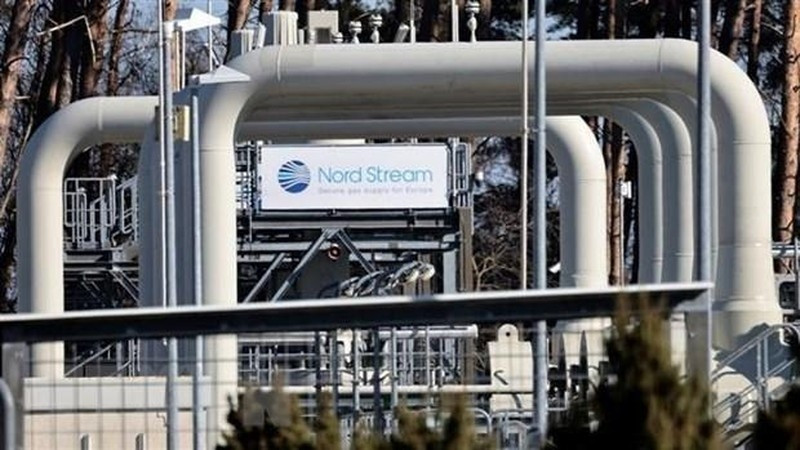German Federal Minister of Finance Christian Lindner has just said that Germany can deploy an additional support package worth billions of dollars to fight inflation without affecting the policy of “debt brake” (i.e. limiting the budget deficit).
This package of measures, assessed as “financial leverage”, includes relief for low- and middle-income households, as well as targeted economic aid to energy-intensive companies.
During coalition negotiations last year with the Social Democrats of Germany (SPD), Lindner's Free Democrats (FDP) made clear their intention to return Germany to fiscal discipline.
However, in the context of Germany’s worsening economic situation, some members of the Green party and the SPD have called for an extension of the suspension of fiscal discipline. Earlier this year, the government announced a 30 billion EUR support package, to help consumers cope with inflation, including measures such as cutting fuel taxes and issuing cheap public transport tickets.
The above-mentioned government efforts, led by German Chancellor Olaf Scholz, aim to offset rising food and energy costs without compromising the goal of limiting the budget deficit to 0.35% of GDP.
Inflation in Germany climbed to 7.5% in July, as energy prices are expected to continue to rise as winter approaches. The government of German Chancellor Olaf Scholz announced that it will continue to consider measures to reduce the burden on people when many essential goods are sharply increasing in price.
Recently, the German Federal Government has planned to reduce the value-added tax (VAT) of gas for consumers after the plan to exempt VAT on gas surcharges was not approved by the European Union (EU).
Accordingly, the German government is expected to reduce the VAT on natural gas for a limited period from the current 19% to 7%. This plan will significantly reduce the burden on consumers from having to pay extra gas surcharges from October.
The decision to reduce VAT on gas is made in the context that Germany will have to collect gas surcharges from October to share the burden with people on gas importing companies in the context of high energy prices and supply disruptions from Russia. About 50% of households in Germany are heated by gas.
On average, each household consuming about 5,000kWh/year will have to pay a pre-tax surcharge of about 121 EUR, while a household consuming about 20,000kWh/year must pay a pre-tax surcharge of about 484 EUR per year.
According to experts, high inflation along with the sharp increase in the cost of gas and electricity in Germany will have a strong impact on the private consumption sector.
The German economic situation is worsening and the outlook is very gloomy, especially when it is forecasted that Europe's leading economy will shrink in the third quarter. The tools offered by the German government can be seen as a temporary “pain reliever” to ease the economy hit by inflation and soaring fuel prices.
Packages of support measures have been continuously launched to cope with the current challenge, but with the impact of the COVID-19 pandemic, the conflict in Ukraine, soaring energy prices, continued supply disruptions and inflation forecast to reach 8.5%, the German economy is still at risk of being pushed to the brink of recession.
















